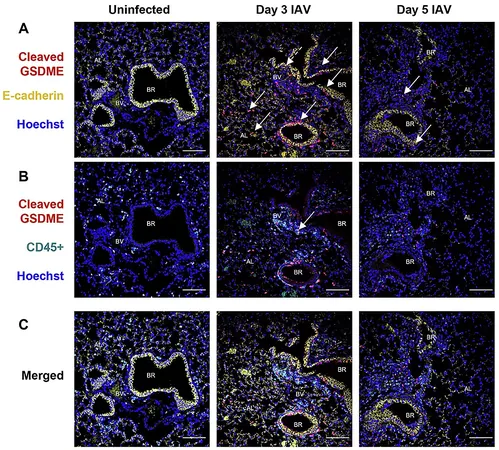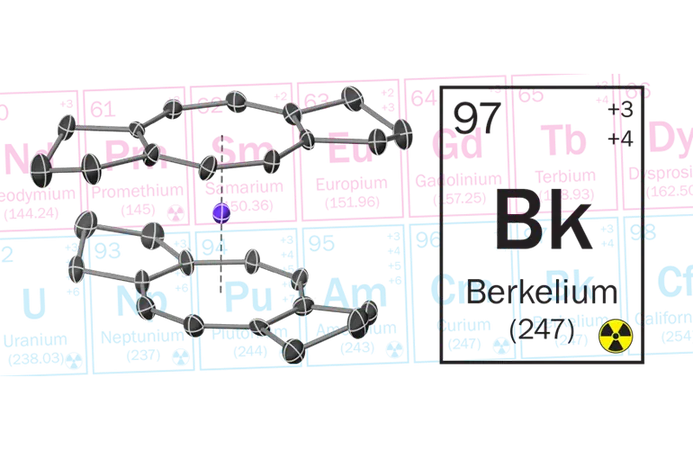
Unlocking the Link Between Nutrition and Depression: A Health Expert's Insight
2025-09-10
Author: John Tan
Is Depression More Than Just Feeling Sad?
When we think of depression, therapy, medication, and lifestyle changes like exercise often come to mind. However, according to Jonathan Chew, founder of RENN Asia Wellness, there's an essential aspect frequently overlooked: nutrition.
Food as Brain Fuel
"Food is not just fuel; it’s information for the brain," Jonathan revealed in an interview. He emphasizes that the nutrients in our diet significantly impact neurotransmitter production, inflammation, gut health, and even hormonal balance—all crucial factors influencing our mood.
Key Nutrients That Matter
Good nutrition is vital not just for physical health but for mental wellness too. Many are surprised to learn that certain nutrient deficiencies are common in those dealing with depression, including:
- Omega-3 fatty acids (EPA & DHA): Essential for maintaining healthy brain cell membranes. - B Vitamins (especially B6, B9/folate, and B12): Important for neurotransmitter synthesis. - Magnesium: Supports stress regulation and nerve function. - Vitamin D: Linked to mood stability. - Zinc: Plays a role in neuroplasticity.
Addressing these deficiencies can lay a stronger foundation for mental wellbeing.
The Mediterranean Diet: A Beacon for Mental Health
Jonathan points to the Mediterranean diet as particularly beneficial for mental health. This approach emphasizes vegetables, fruits, whole grains, fish, nuts, and healthy fats, while minimizing ultra-processed foods and added sugars.
Nutrition: A Part of the Solution, Not the Whole
It's crucial to note that while nutrition can be a game changer, it’s rarely a standalone solution. "It can be a powerful tool but is seldom the only answer," Jonathan insists. For those experiencing moderate to severe depression, a comprehensive approach involving therapy, medication, and lifestyle changes is essential.
Holistic Assessments at RENN Asia
At RENN Asia, the journey begins with a thorough intake process, including physical assessments and biomarker testing, even if the client hasn't received a depression diagnosis. "Our goal isn’t to diagnose but to identify physiological imbalances that may affect mood," he said.
Quick Changes Can Yield Fast Results
Some clients report feeling improvements in mood or energy in as little as two to four weeks after dietary adjustments, while more profound changes may take three to six months. Progress is measured by symptom questionnaires and follow-up tests.
Debunking Common Myths About Healthy Eating
A prevalent misconception is that "eating healthy" simply means avoiding junk food. Jonathan clarifies, "Mental health nutrition means strategically supplying the brain with the necessary nutrients." Another myth is that dietary changes take too long to show effects—some benefits can manifest much sooner.
Getting Started with Nutritional Medicine
For those grappling with depression and interested in nutritional medicine, Jonathan advises starting with a dietary review and basic lab tests to uncover key deficiencies. From there, small but consistent changes—like incorporating omega-3-rich foods, diversifying vegetable intake, and reducing refined sugars—can lead to substantial improvements.





 Brasil (PT)
Brasil (PT)
 Canada (EN)
Canada (EN)
 Chile (ES)
Chile (ES)
 Česko (CS)
Česko (CS)
 대한민국 (KO)
대한민국 (KO)
 España (ES)
España (ES)
 France (FR)
France (FR)
 Hong Kong (EN)
Hong Kong (EN)
 Italia (IT)
Italia (IT)
 日本 (JA)
日本 (JA)
 Magyarország (HU)
Magyarország (HU)
 Norge (NO)
Norge (NO)
 Polska (PL)
Polska (PL)
 Schweiz (DE)
Schweiz (DE)
 Singapore (EN)
Singapore (EN)
 Sverige (SV)
Sverige (SV)
 Suomi (FI)
Suomi (FI)
 Türkiye (TR)
Türkiye (TR)
 الإمارات العربية المتحدة (AR)
الإمارات العربية المتحدة (AR)